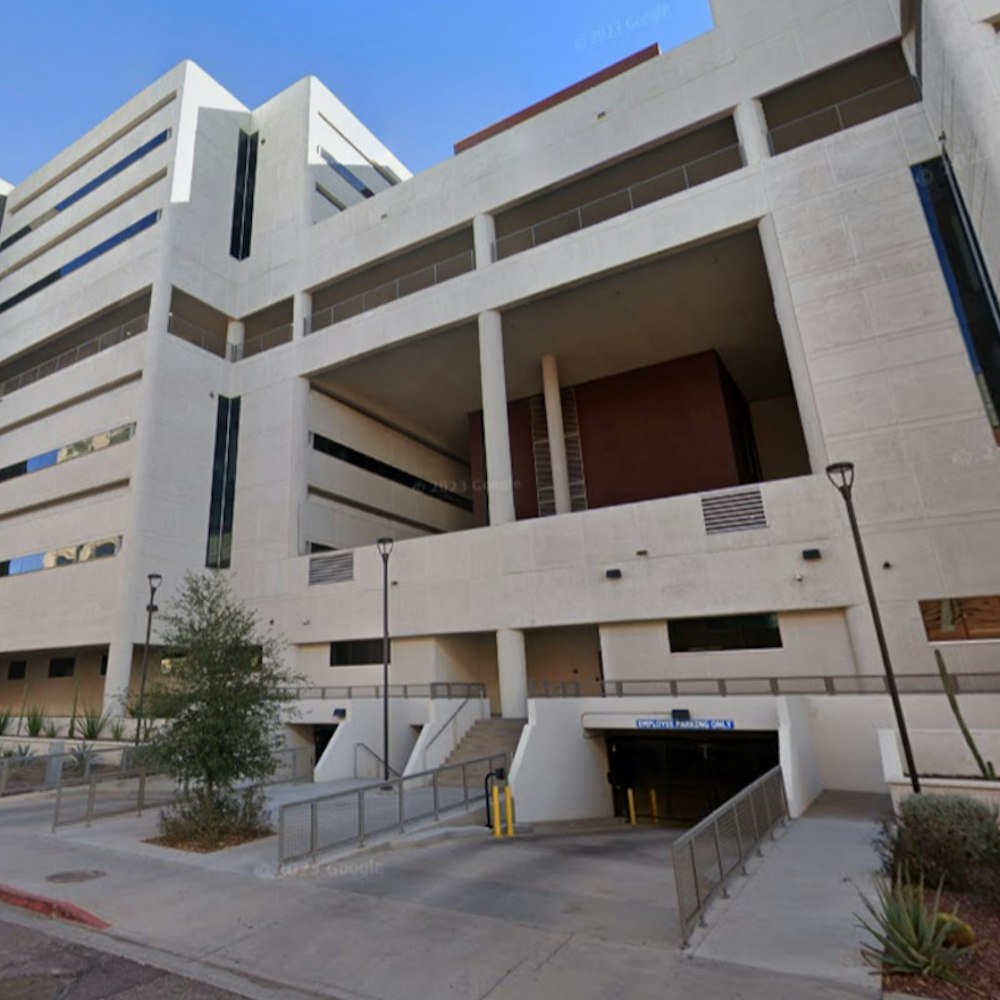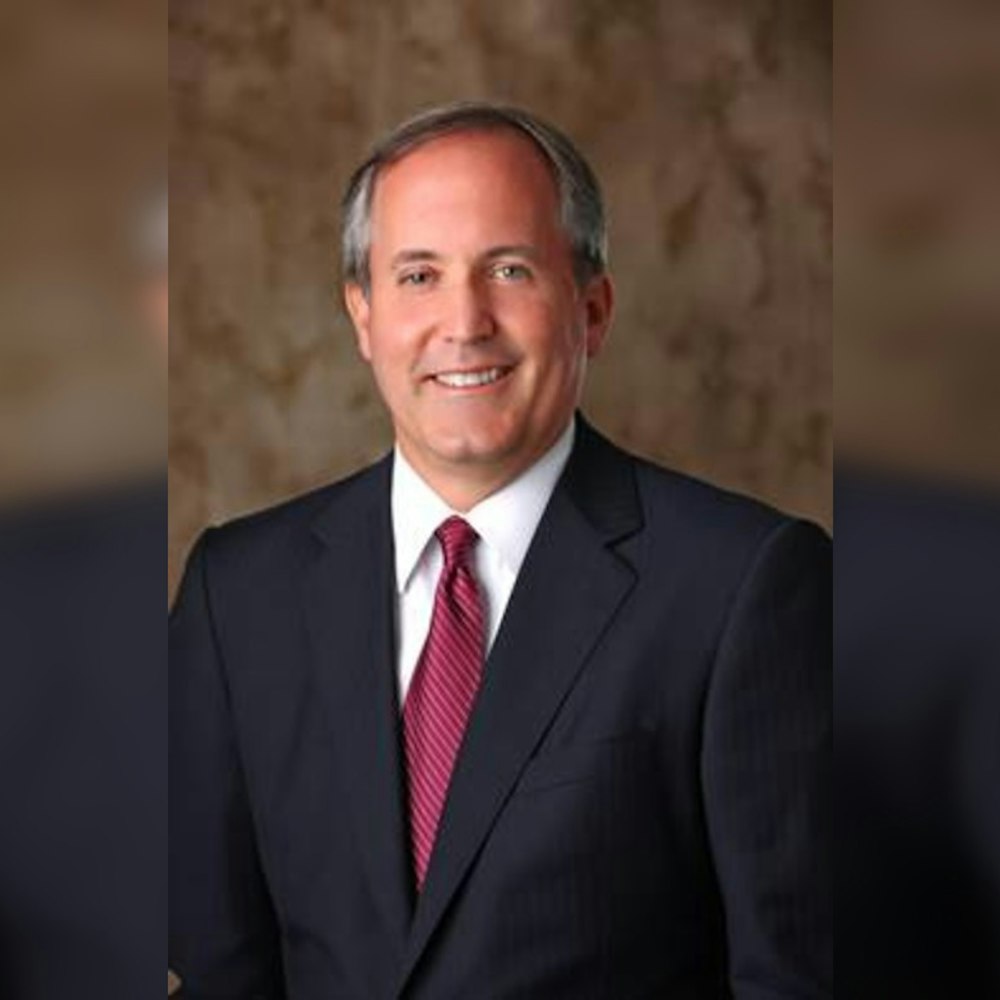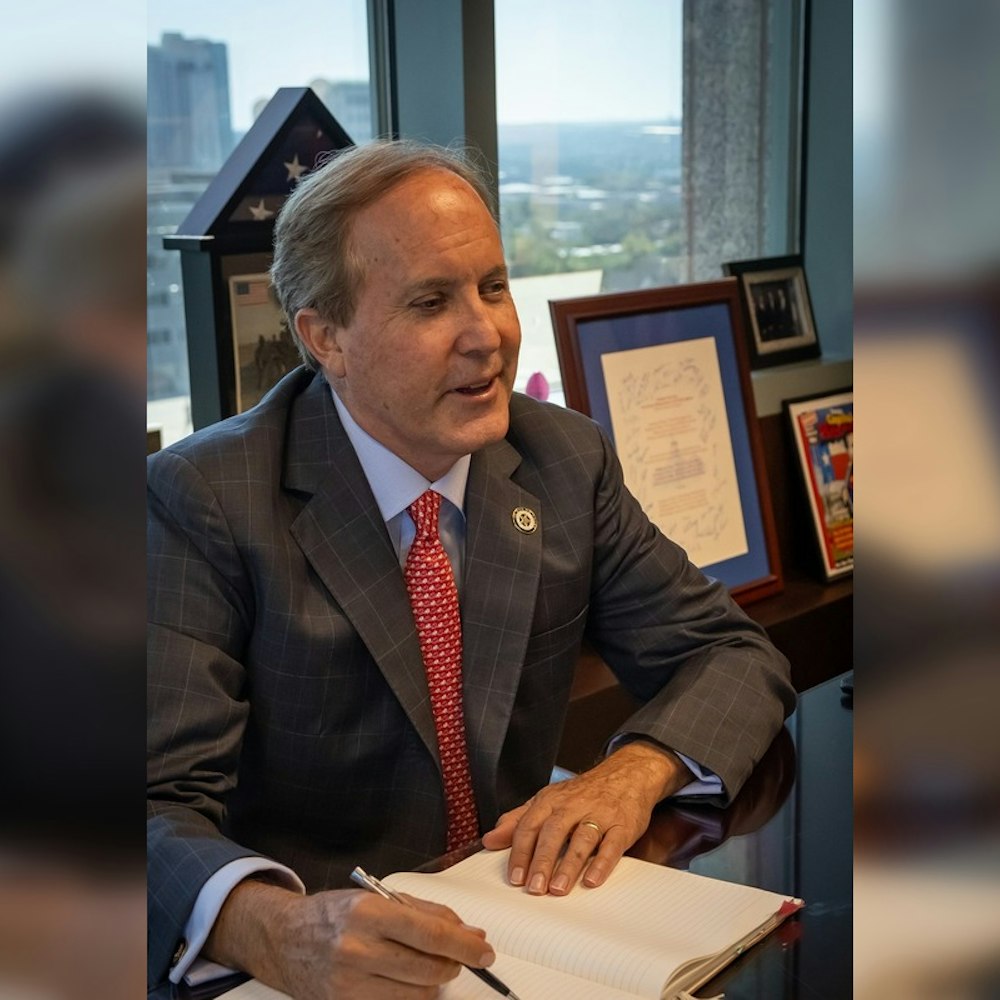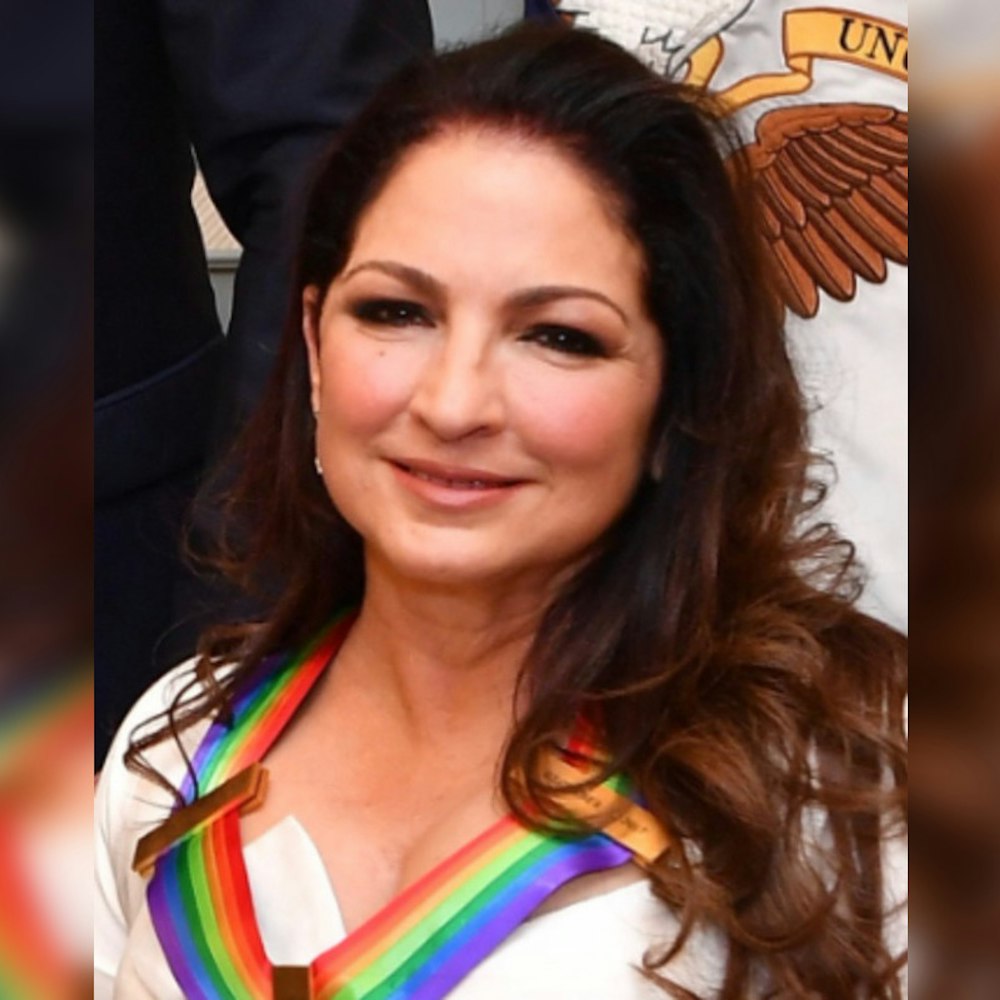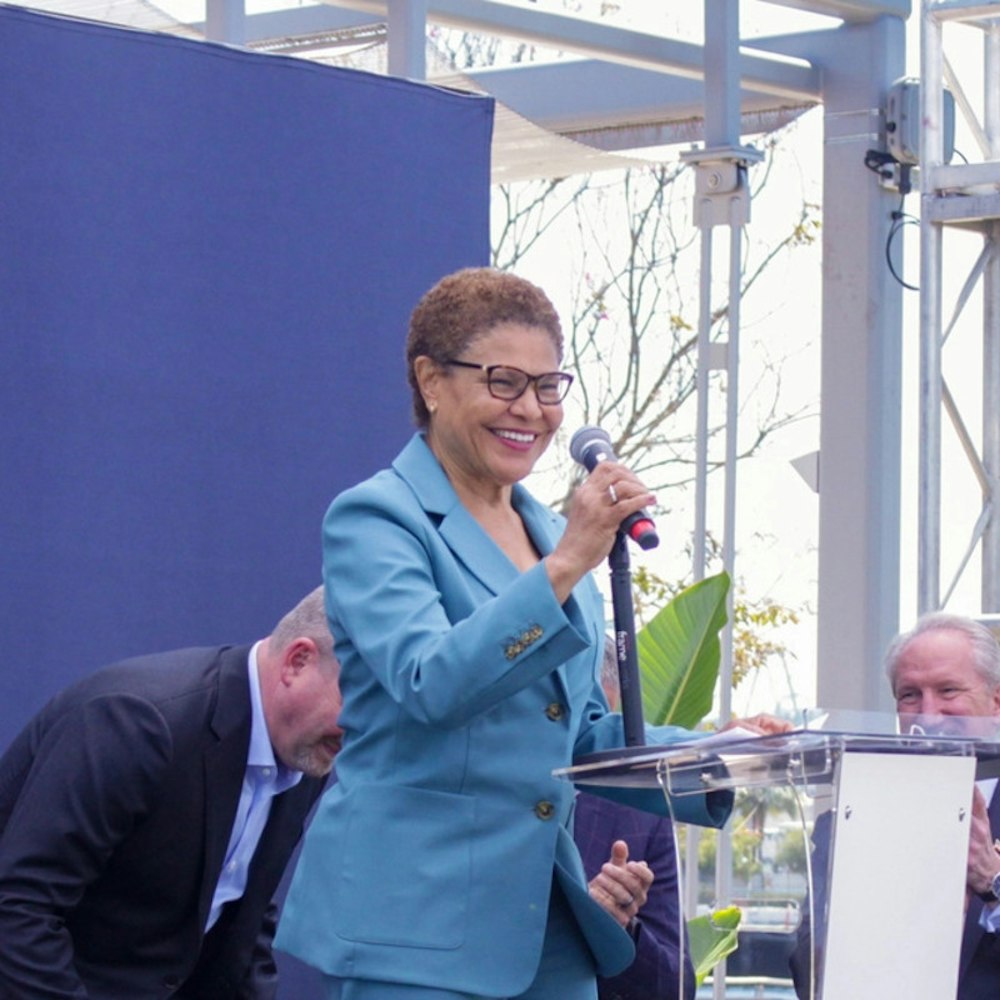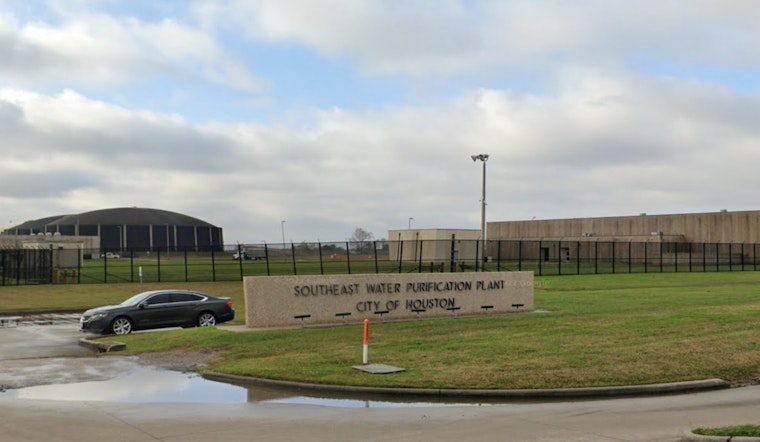
Houston has pulled the plug on a plan to potentially privatize the Southeast Water Purification Plant, with the city opting to keep operations in-house. The change in direction occurred quietly, with a notice surfacing on the city's procurement website on Jan. 18, Houston Chronicle reports. The details of the plan's termination were not even initially known to Mayor John Whitmire, according to his spokesperson Mary Benton, suggesting communication gaps within City Hall.
This turnabout comes after the City's exploration of private operators for the Southeast plant, which handles an essential portion of Houston's drinking water treatment. According to Erin Jones, a spokesperson for Houston Public Works, it was found during the search for a third-party operator that it would be "more cost-effective to just keep operations under Public Works". However, despite the apparently resolved decision, specifics regarding the cost difference were not provided, and the city's procurement office has not returned requests for comment, leaving financial details in the dark.
Meanwhile, ABC13 reported that a Katy-based company, Inframark, which was a bidding finalist and currently under investigation for a separate incident involving allegations of falsifying government records, confirmed its bid to operate the now publicly confirmed plant will not be moving forward. The criminal investigation following allegations that Inframark had released untreated water into Lake Houston, a vital drinking water source, creates a shadow over its eligibility for future contracts with the City of Houston.
"If that investigation does find Inframark to be at fault for falsifying documents, then I believe that changes their fate here in the City of Houston," said Mayor Pro Tem Dave Martin regarding the ongoing investigation. Grassroots lobbying and public opposition had also grown over the past year to the prospect of privatizing the water plant. Neil Gupta, water campaign director at Corporate Accountability, noted the outcry was borne of worry that privatization would prioritize profit over quality, potentially leading to spikes in water bills and other adverse outcomes. This proactive stance by Houstonians, he went on to say, underscores a "major win for public control of water." Houston's decision to maintain control of the plant maintained a semblance of trust between residents and their public institutions, preserving the integrity of a city service that should remain a right, not a line item.
As it currently stands, the Southeast Water Purification Plant will continue to be operated by Houston Public Works, providing relief to activists like Alice Liu of West Street Recovery, who fear that privatization processes may endanger the equitable access to safe drinking water for Houston’s million water customers. Amid the backdrop of investigations and political uncertainty, the importance of maintaining a reliable and safe water supply rides as a crucial undertone in the saga of Houston’s resource management.
